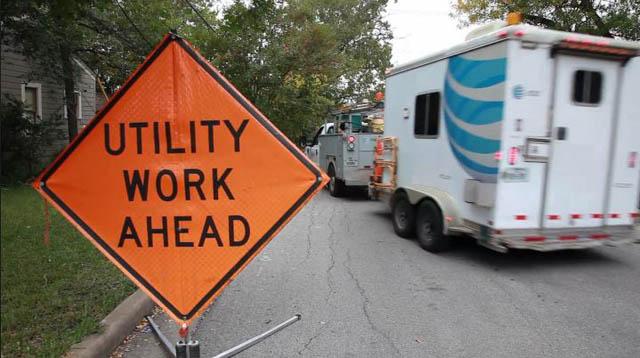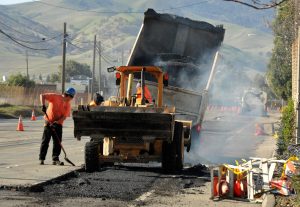During the pandemic, we all saw kids sitting outside Taco Bell for a free Wi-Fi connection to complete their homework because their families didn’t have broadband. The COVID lockdown cast a bright light on the continuing inequities in broadband access across California.
Recent state data collected by the California Public Utilities Commission (CPUC) found that at least 362,000 households are unserved by an internet service provider. To address the digital divide, in 2021, the Legislature and the Newsom administration approved $6 billion for a “Broadband for All” funding package to promote the development of new broadband infrastructure in unserved and underserved communities. These funds were largely provided by the federal government and to be used before December 2026. A significant portion of that funding was put under the administration of the CPUC, which had already been administering a broadband infrastructure grant program for several years with some success.
Fast-forward to 2024. What does California have to show for that investment? Not much. We have two years left before the deadline, and the CPUC has yet to award a single penny to any project. Not one new household has been connected with this funding.
Why is that? There are several reasons. On one hand, the CPUC and California Department of Technology, state departments in charge of implementing the broadband infrastructure, are not measuring the success of the funding by the number of under or unserved households connected. Instead, they focus on the miles of wires in the ground. Not only that, but these two state departments are, at best, talking past each other and, at worst, disjointed in their coordination.
The CPUC is the state agency tasked with too much responsibility for only six commissioners. The CPUC commissioners are charged with things like soaring electric rates, utility safety and climate change, while the less urgent, but equally important, work of administering broadband infrastructure grant funds seems to have fallen by the wayside.
As thechair of the Assembly Committee on Communications and Conveyance, I feel we are actively failing to connect our unserved and underserved communities. It is evident that the CPUC has not made progress and will not prioritize progress. The agency has become so flippant that it even refused to make a commissioner available for a legislative oversight hearing.
Related Articles
Opinion: California must not backtrack on promise of broadband for all
Letters: Blame city | Wasted vote | Price controls | Trump should quit
Oakland’s canceled SAT debacle points to broader testing and equity concerns statewide
Opinion: Millions are set to lose their Internet access. Congress must act
Opinion: Saving President Biden’s infrastructure agenda from itself
How do we address this problem? Most other states have dedicated state agencies singularly tasked with broadband, and many of these states already have shovels in the ground and are connecting their residents.
If California truly cares about connecting our communities and ending the digital divide once and for all, we need to get serious about addressing the CPUC’s structural failures and seriously consider removing broadband from their oversight. The CPUC is not the agency to do it. The CPUC was initially intended to regulate monopolies, not administer grants, in a competitive broadband marketplace.
As a state that always claims, “As goes California, so goes the nation,” we should not fall behind other states. We should not normalize children sitting outside of fast food restaurants to do their homework. We can do better for the future of a California for all.
Tasha Boerner is a California Assemblymember for District 77.












